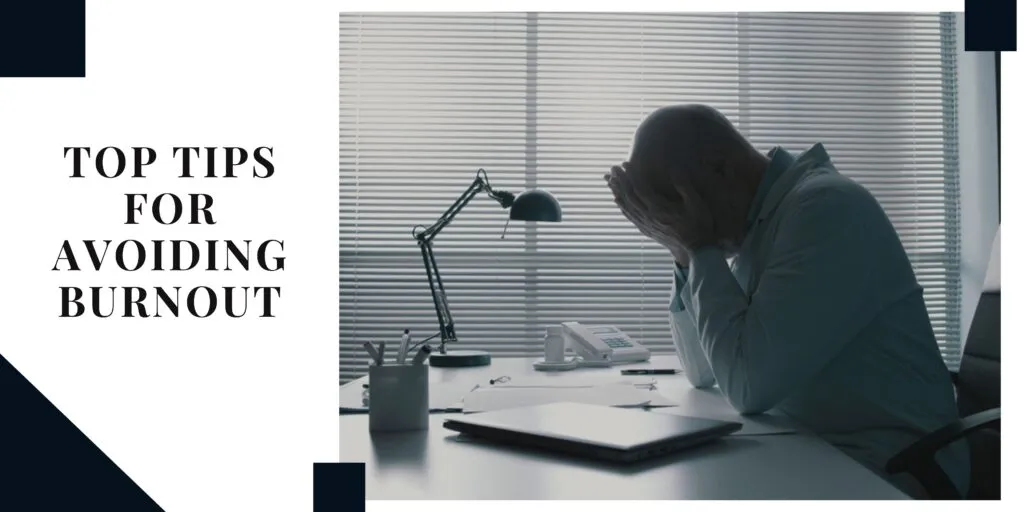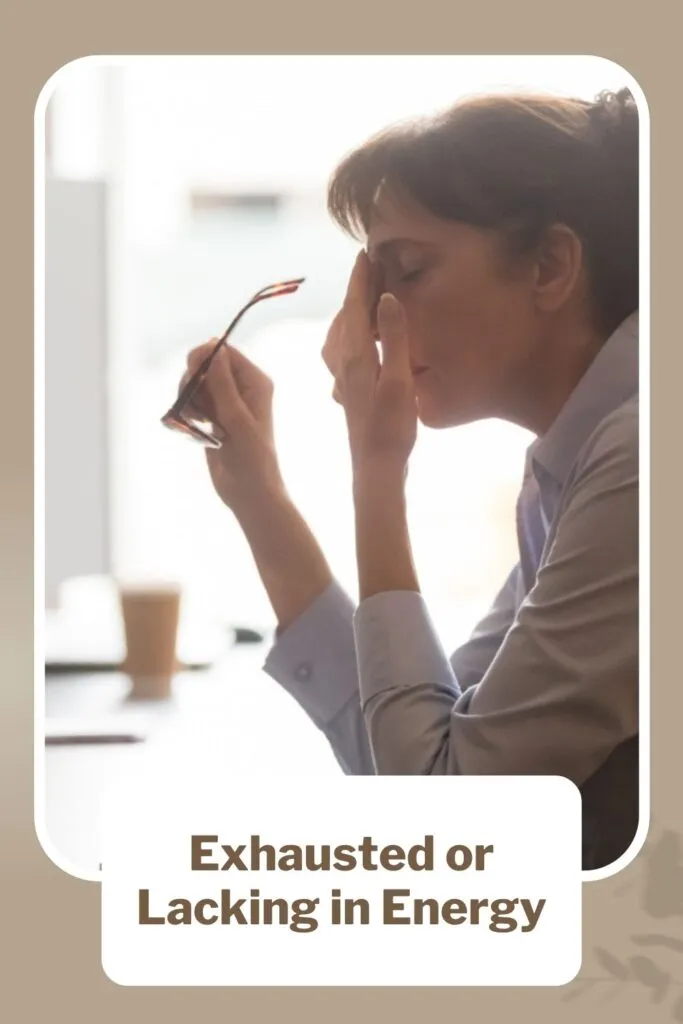Burnout is a phrase that is getting used more and more when it comes to discussions surrounding work and its impact on employees. The pandemic has put pressure on almost everyone in every sector, from those working in supermarkets in New York to those working in Guernsey healthcare jobs.
What is burnout?
If you’re not sure what burnout is or whether you’re suffering from it, ask yourself if you feel exhausted or lacking in energy, if you have negative feelings towards your job, or if your work output is decreased. If the answer to any or all of these questions is yes, then there’s a good chance you’re suffering from burnout, and you’re not alone.
It’s thought that around 75% of workers have suffered from burnout at some stage, with a further 67% of people saying the pandemic has only made the issue worse. These figures are shocking to say the least and play into the fact that approximately 625 million people worldwide have depressions and/or anxiety.
The effects of burnout can be incredibly detrimental to your health, with an increased risk of heart disease and stroke being just two of the long-term associated health effects. To help prevent the likelihood of suffering from burnout and the associated health effects, here are some top tips.
Maintain a good sleep schedule
Sleep is essential to living a healthy lifestyle. If you don’t get enough sleep, not only will you feel physically exhausted and sluggish, but you will also become more irritable and unable to concentrate. This will affect your job performance, but it will also mean those nearest and dearest to you will bear the brunt of your bad moods. This can have a negative impact on your social relationships.
For these reasons, make sure you get into the habit of having a good bedtime routine. Limit screen time before bed, make sure your bedroom is cold and dark, and aim to get at least seven hours rest a night.
Exercise regularly
Exercise might seem impossible to fit in if your workload has increased and you’re on the brink of burnout, but it’s an essential facet of a healthy lifestyle. When you exercise, your brain releases feel-good hormones which can reduce the chances of you suffering from depression and anxiety. Not just this, but exercise is a natural pain relief and can even make you feel more energized, leaving you in better stead to tackle and process the day.
Separate from home life
One of the main reasons more people are starting to suffer from burnout is because the pandemic has meant most white-collar workers have had to adjust to working from home. This makes it harder for employees to separate their home life and work life, resulting in an uneven balance that ultimately ends in burnout. In fact, according to a study by Indeed, some 61% of remote workers admit to finding it harder to detach themselves from work during off-duty hours.
With this in mind, make sure that if you’re working from home, your desk and working area is separate from your relaxing space.
Take your scheduled breaks
Our final tip for avoiding burnout and all the negative effects associated with it is to take your permitted breaks. Too often, workers sacrifice their lunch or break times to do more work. This is often because workloads are too much. At the end of the day, you are paid to do your job during working hours. Most often, breaks are not paid. If your work doesn’t get done because you’ve taken a break, that’s a sign to your employer that they need to hire someone else to help. If they don’t, you will ultimately end up burning out and being absent anyway.


